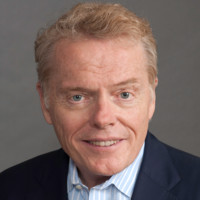
Clayton, Dubilier & Rice, LLC
The Academy’s mission has never been more important, particularly during a time when trust in science can no longer be taken for granted.

Clayton, Dubilier & Rice, LLC
The Academy’s mission has never been more important, particularly during a time when trust in science can no longer be taken for granted.
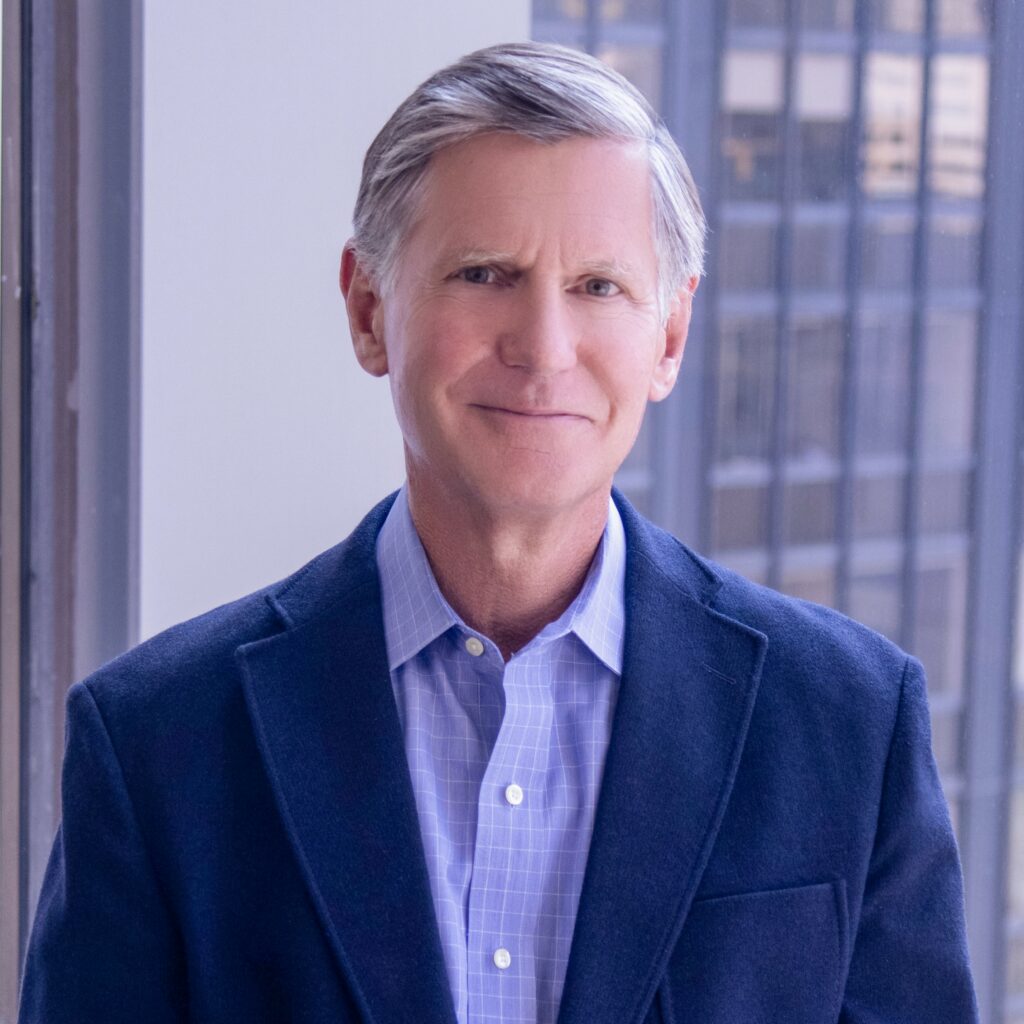
Access Industries
I have great respect and admiration for what talented scientists can do. The brilliance of science is producing solutions to problems and making the world better. Being a Board member for the Academy enables me to assist in that process in any way I can.
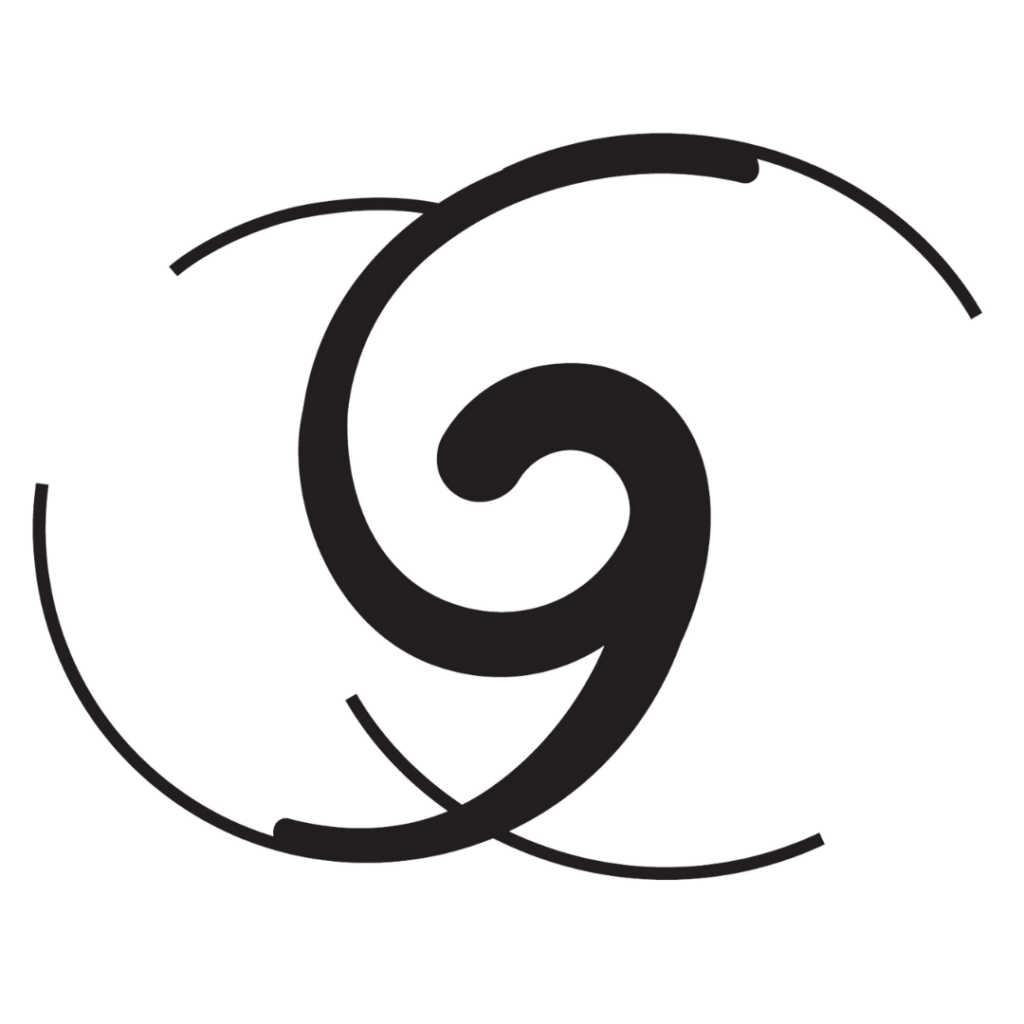
NOV. 14, 2025
Why Do Dogs Let Out That Long, Disappointed Sigh?
Discover Magazine
Read More >
OCT. 1, 2025
Science Needs a New Social Compact
Project Syndicate
Read More >
SEP. 1, 2025
Leopards may have feasted on our earliest ancestors
Popular Science
Read More >
AUG. 31, 2025
11 Best After-School STEM Programs for Middle School Students
Lumiere Education
Read More >
AUG. 28, 2025
Cognizant CEO Ravi Kumar S. Named to the 2025 TIME 100 AI List
Cognizant – News Announcements
Read More >
AUG. 21, 2025
Probing the Pain: Katie Burns is helping uncover the role of the immune system in endometriosis
Science
Read More >
JUL. 7, 2025
People Are Using AI Chatbots to Guide Their Psychedelic Trips
WIRED
Read More >
JUN. 23, 2025
Academy Trustee, R. May Lee, Named Olin College of Engineering President
Olin College of Engineering
Read More >
APR. 24, 2025
Pfizer CEO Albert Bourla sees ‘a scientific renaissance’ in the U.S. amid backdrop of political threats to the future of research
Fortune
Read More >
APR. 06, 2025
This S.F. college is rolling out the nation’s first undergrad degree in psychedelics
San Francisco Chronicle
Read More >
MAR. 04, 2025
Britain’s brightest young scientists named at Blavatnik Awards gala, each winning £100,000 (US$126,000) prize
EurekAlert
Read More >
FEB. 08, 2025
Scientists warn Trump’s $4bn funding cuts will harm US medical research
Financial Times
Read More >
FEB. 03, 2025
India’s Chandrika Tandon Bags An Award At Grammy 2025
Forbes
Read More >
DEC. 20, 2024
Harnessing Artificial Intelligence in Drug Discovery and Development
Association of Cancer Research Centers
Read More >
DEC. 10, 2024
President Grace J. Wang Receives Prestigious National Honor for Inventors
Beyond These Towers
Read More >
NOV. 22, 2024
Charting a course for science during Trump’s second term
The Hill
Read More >
NOV. 11, 2024
Chandrika Tandon thrilled and grateful to receive Grammy® nomination, her second, for “Triveni”
PR Newswire
Read More >

Convergence: A Journal for Young Researchers by Indigo Research and The New York Academy of Sciences is dedicated to publishing high-quality, peer-reviewed academic work from young people (pre-university), exploring a wide range of subjects with a focus on work that explores the convergence of disciplines related to current and future existential risks including climate change, human rights and structural inequities.
The journal will cover the following types of submissions:
Features of the Convergence Journal:
We invite you to explore the submission guidelines and learn more about how to get your work published in Convergence.
Please visit the Convergence website for more details.
Questions? Please contact convergencejournal@indigoresearch.org.

Colleges Need to Change. Trump’s Plan Would Only Make Them Worse
TIME
Science Needs a New Social Compact
Project Syndicate
Academic freedom in America is in danger
Financial Times
Who would be a university president in America right now?
Financial Times
Trump’s Assault on Universities Is a Wake-Up Call
The Atlantic
Charting a course for science during Trump’s second term
The Hill
The University in Ruins
LinkedIn Pulse
Faculty-administrator distrust is making US universities ungovernable
Times Higher Education
The End of Disenchantment and the Future of the Humanities
The Chronicle of Higher Education
Ambivalence Over AI: We Are All Prometheus Now
Undark
Higher Education’s Donor Problem
TIME
Don’t let geopolitics get in the way of scientific cooperation with China
The Hill
Campus leaders shouldn’t be judged on their political pronouncements
Times Higher Education
Why we need to build an implicit trust in science
Khaleej Times
AI and the Future of the University | The Next Big Idea Podcast
Pasts and Futures of the Global Humanities | Global Humanities Network
The Future of Research in a Fractured World | Research Information
Blavatnik Awards Ceremony 2025 | News 13 (Israel)
The Real Impact of Political Change on Science, Research, and Academia | Karger in Conversation
Universities Under Attack | New University in Exile Consorti
The Future of AI in Higher Education and Scientific Research | Regulating AI Podcast
Trump’s War on Universities | Capitalisn’t Podcast
Embattled University | Center for Brooklyn History
Research Integrity and Scientific Publishing | People & Science Live presented by Karger Publishers
The International Science Reserve and AI | Nation Radio Podcast
The Uses and Abuses of the Modern University | The Politics Guys
The Delicate Balance of Teaching and Research in Modern Academia | unSILOed Podcast
What Are Universities For? | The Commonweal Podcast
Beyond Berkeley: Lessons from a University Chancellor on the Front Lines | dotEDU
Free Speech, Controversy, and the University | Chasing Leviathan
The Uses and Abuses of the University – Where Does Higher Ed Go from Here? | The Realignment
The Changing Culture of the University | The PhD Life Raft Podcast
Applying Scientific Insights to Global Challenges | When Science Speaks
Science, Truth, And Trust |The Thought Stretchers Education Podcast
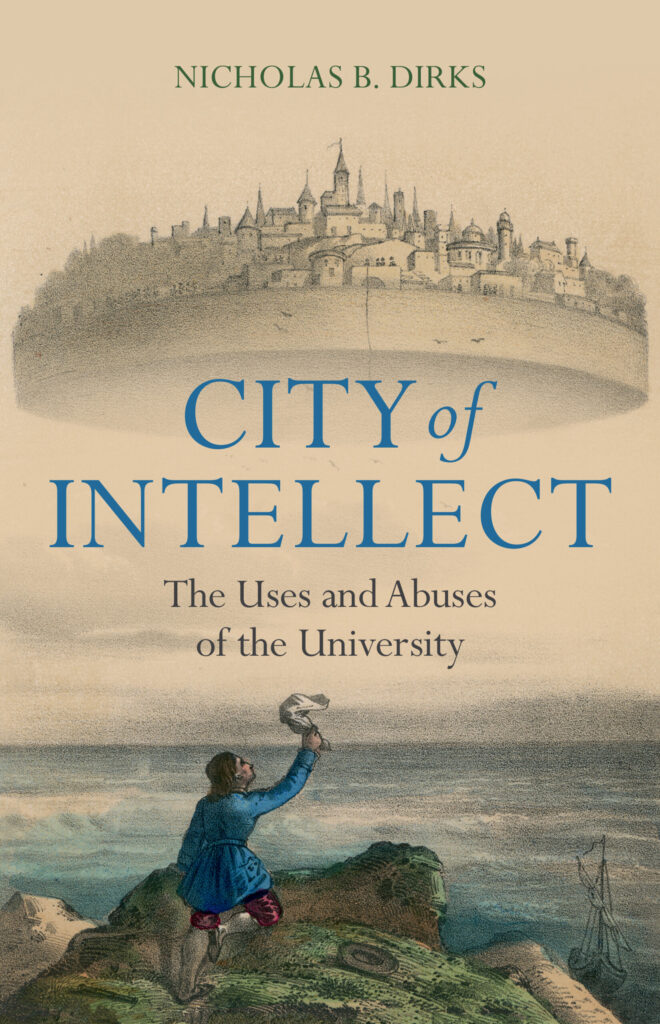
Published February 01, 2024
By Nick Fetty
Nicholas B. Dirks, President and CEO of The New York Academy of Sciences, reflects on the challenges he encountered and the lessons he learned during his long career in university leadership, from being chair of the Anthropology department at Columbia, to his time as EVP and Dean of the Faculty of Arts and Sciences also at Columbia, and then as chancellor of the University of California, Berkeley, in a newly published book.
City of Intellect: The Uses and Abuses of the University was released in the United States by Cambridge University Press on Feb. 1. The book, described as “part autobiography, part practical manifesto,” details Dirks’ years in leadership roles at Columbia and Berkeley during an era of vast changes in the culture of academia.
A distinguished historian and anthropologist and an accomplished academic administrator, Dirks offers a frank assessment of some of the challenges facing higher education. In a recent TIME Ideas column, Dirks wrote “There are far too many examples of the failure of universities over the past decade to defend academic freedom when it goes against conventional wisdom on campus.” The attempted canceling of provocative guest speakers such as Milo Yiannopoulos, Bill Maher, and Ann Coulter are several examples that occurred during Dirks’ stint as the leader of the Berkeley campus.
While he acknowledges the need for change at the institutional level, however, he has also expressed concerns about external forces and attacks on the university that are exerting increasing pressure “[on] the overall climate for faculty governance, for academic freedom and for fundamental issues that…are definitely under…threat right at the moment.”
In addition to leading The New York Academy of Sciences, a position he has held since 2020, Dirks continues to serve as a professor of history in the Graduate School at UC Berkeley and is the Franz Boas Professor Emeritus of Anthropology at Columbia. Dirks has published major works on the history of the state in early modern South Asia, the colonial history of the caste system, the significance of the Indian empire for modern Britain, on social and cultural theory, and on debates in historiography. He has been a lifelong advocate of the liberal arts, interdisciplinary studies, and India. In the face of multiple challenges and changes, however, Dirks asserts that universities must “reinvent themselves” to remain relevant.
“[W]e also need to really rethink some of the legitimate concerns people have about how we [in higher education] conduct ourselves at every level—cost, administrative bloat, disciplinary silos, relevance, enacting academic freedom and free speech—across the board,” Dirks said in an interview with Inside Higher Ed. “All of those things have to be done in order to regain [public] trust.”
And yet, his new book extends remarks he made some years ago, that “The time has come to defend the university vigorously, even as we insist on seeking to open it up further: to new ideas, to even more vigorous debate, to more students who have never had the opportunity for advanced education, to engagement with the world, and to the public more generally for whom the idea that college is a public good needs stressing and demonstrating today more than ever.”
Adolescent and young women are often undernourished and overlooked and few, if any, efforts are made to educate this population about best food habits. This presents current and future risks: undernutrition and micronutrient deficiencies impair their growth at the critical phase of puberty and menarche, increases the risk of complications during pregnancy and childbirth, and carries an elevated risk of non-communicable diseases in future life.
However, this period is also viewed as a window of opportunity for nutrition action as it is when growing girls begin to assume adult roles and establish dietary patterns that often carry through adulthood and to their future families. While there has been progress in recognizing the nutrition plight of adolescent girls and young women in recent years, knowledge of their dietary patterns, nutrient deficiencies, or food choice motivations remains fragmentary, hampering the elaboration of effective strategies to improve their nutrition.
Funded by La Fonation Botnar, the Academy and partners carried out an Action-Research program over three years (2020-2022) in Colombia and Vietnam to document the diets of adolescent and young women (14-22 years old); identify nutrient deficits in their diets; elaborate recommendations to improve their nutritional status using locally available and affordable foods; and engage with them in incorporating those recommendations in their diets through a Social Innovation Challenge. Awards and resources were transferred to the most promising solutions to enable their implementation.
Pre/post measurements of the interventions’ impact showed significant improvement in the diets of participants. Using local foods as a point of departure proved successful in creating interest and in concretely anchoring choices that significantly and positively affected their food intake. Social media proved to be a playful and powerful means of mobilization when designed and controlled by participants. Building on concerns of importance to this population—self-image, self-esteem, peer status—was also a strong lever for behavioral change. This initiative may serve as a model for future interventions targeting this population group. In addition, it created an extensive scientific output to advance our knowledge of the problem and how it may be addressed.
World Vision/Colombia
International Center for Education and Development (CINDE). Colombia
School of Nutrition and Dietetics, University of Antioquia, Medellin Colombia
Thai Nguyen University of Medicine and Pharmacy, Vietnam
National Institute of Nutrition, Vietnam
The World Food Programme, Rome
La Fondation Botnar
Activities undertaken by this Action-Research program in nutrition are summarized below:
The entire Action-Research process is described at length in nine peer-reviewed publications published in a Special Issue of the Annals of the New York Academy of Sciences.
List of papers (hyperlinks to come once published in Open Access on Annals of the New York Academy of Sciences)

An estimated 3.5 billion people around the globe are at risk of calcium deficiency due to inadequate dietary intake. While primarily associated with bone health, calcium has also been shown to reduce the risk of preeclampsia and associated complications, which are leading causes of maternal morbidity and mortality. Populations in low- and middle- income countries (LMICs), especially in parts of Asia, Africa, and South America, are at greatest risk of low calcium intakes, and have the higher rates of mortality from maternal hypertensive disorders, according to the Global Burden of Disease.
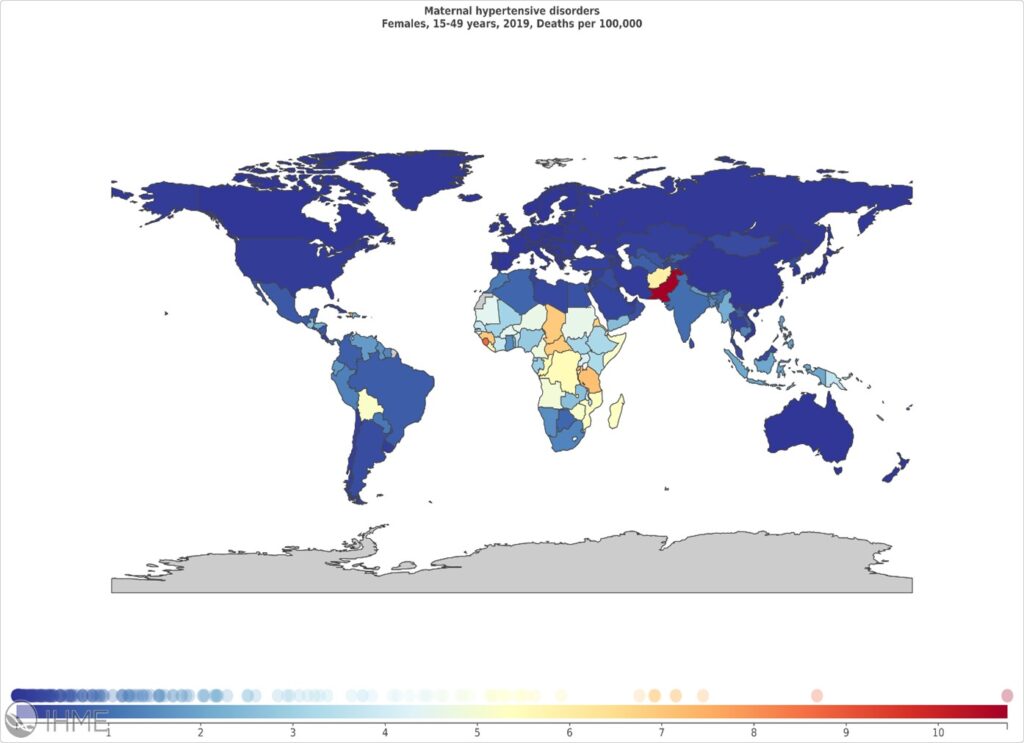
In partnership with the Children’s Investment Fund Foundation, the Academy assembled a Scientific Advisory Committee composed of five calcium experts, followed by a larger group of 22 specialists named “Calcium Task Force” to guide the global agenda for Calcium. In March and April 2021, the Academy convened two virtual meetings with the Calcium Task Force. This Task Force is composed of experts in micronutrients, malnutrition, pediatrics, gynecology and obstetrics, biochemistry, public health, supplementation and food fortification. During these two virtual meetings, the Task Force assessed the evidence on global calcium deficiency and its health consequences, and useful indicators of calcium absorption and intake. It also considered potential interventions such as calcium supplementation for pregnant women to improve pregnancy outcomes and associated implementation challenges, as well as food-based interventions to improve the intake of this vital micronutrient, especially in populations with low calcium intake. The group was also commissioned to identify the research gaps and provide guidance for interventions and policies based on the most current available evidence.
On March 1-3, 2021, the Nutrition Science Program of The New York Academy of Sciences convened the first of two meetings of the Calcium Task Force. The agenda was structured around three major topics: epidemiology of inadequate calcium intakes and associated health outcomes, calcium supplementation for pregnant women, and food-based interventions to improve calcium intake.
The second meeting was hosted on April 26-28, 2021. The Calcium Task Force refined the discussions of the first meeting, drew conclusions and recommendations based on available evidence, and identified areas for future research for the three major topics.
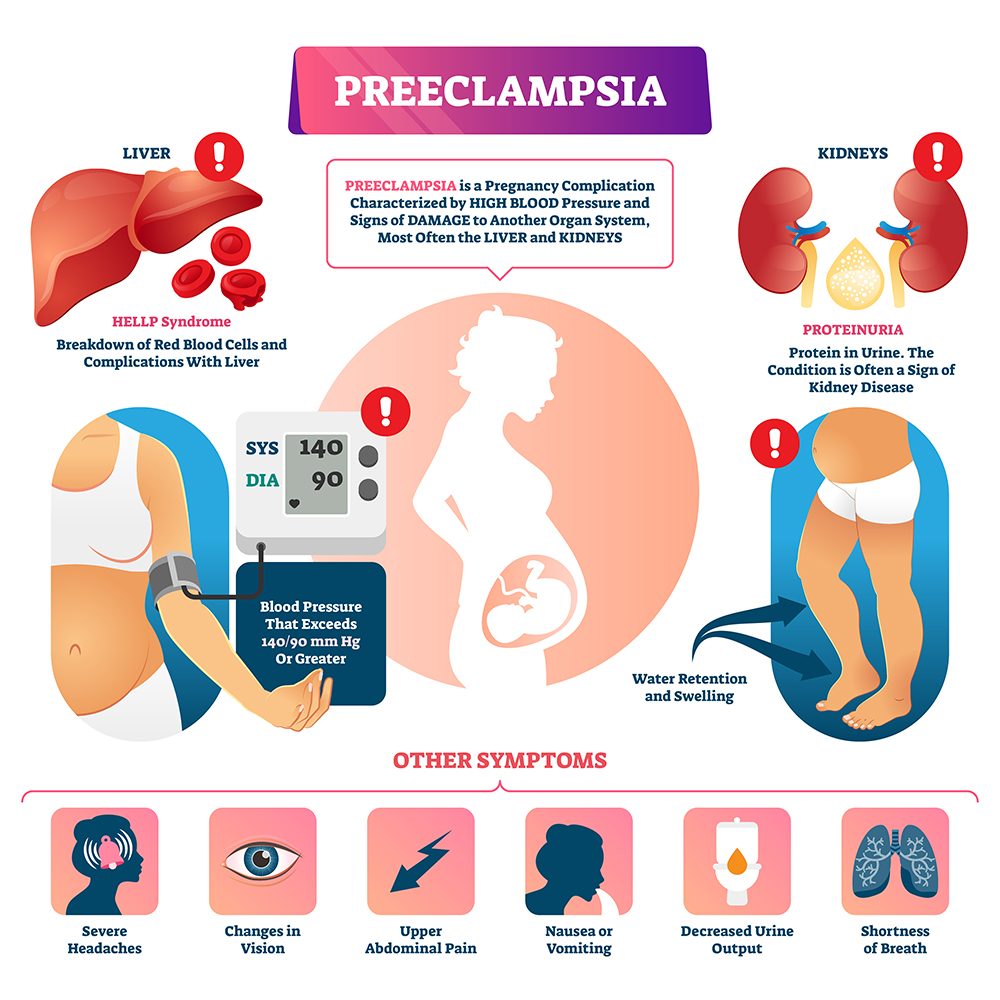
The discussions and conclusions from the Calcium Task Force meetings were presented in three peer-reviewed publications. Additional activities are associated with the Calcium Initiative, including: two systematic reviews conducted by Tampere University to assess the impact of maternal dietary calcium supplementation (alone or with vitamin D) during pregnancy on maternal and infant health; feasibility assessments of the food-based solutions carried out by HarvestPlus; modeling analyses for the cost-effectiveness of interventions and the locally available foods that could provide additional calcium. The following articles associated with this initiative were published in a “Calcium Special Issue”:

The Academy offers early-career researchers unparalleled opportunities to learn and network across institutions, disciplines and industries. Our ultimate goal is to help them build the skills they will need to secure careers in the near-future as well as to prepare them for emerging roles in the ever-evolving workforce landscape. In addition to providing our own programming including workshops, courses and networking events, we also partner with a variety of non-profit organizations, academic institutions and for-profit companies to develop best-in-class professional development opportunities for more than 7,000 undergraduate and graduate students and postdoctoral fellows.
Our Professional Learning programs include:
There are several ways we partner with external organizations to offer our early career community with high-quality professional development opportunities:
Download the New York Academy of Sciences STEM Education 10-Year Impact Report, 2024.
GENERATION STEM: Empowering Scientists of the Future
To discuss ideas for partnering on a professional learning program, contact us at education@nyas.org.
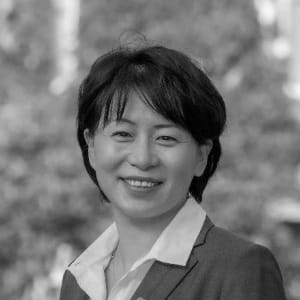
Worcester Polytechnic Institute
The New York Academy of Sciences looks to the future and continues to empower the next generation of STEM professionals. As the science and technology landscape rapidly evolves, this is particularly an exciting time to be part of the Academy.